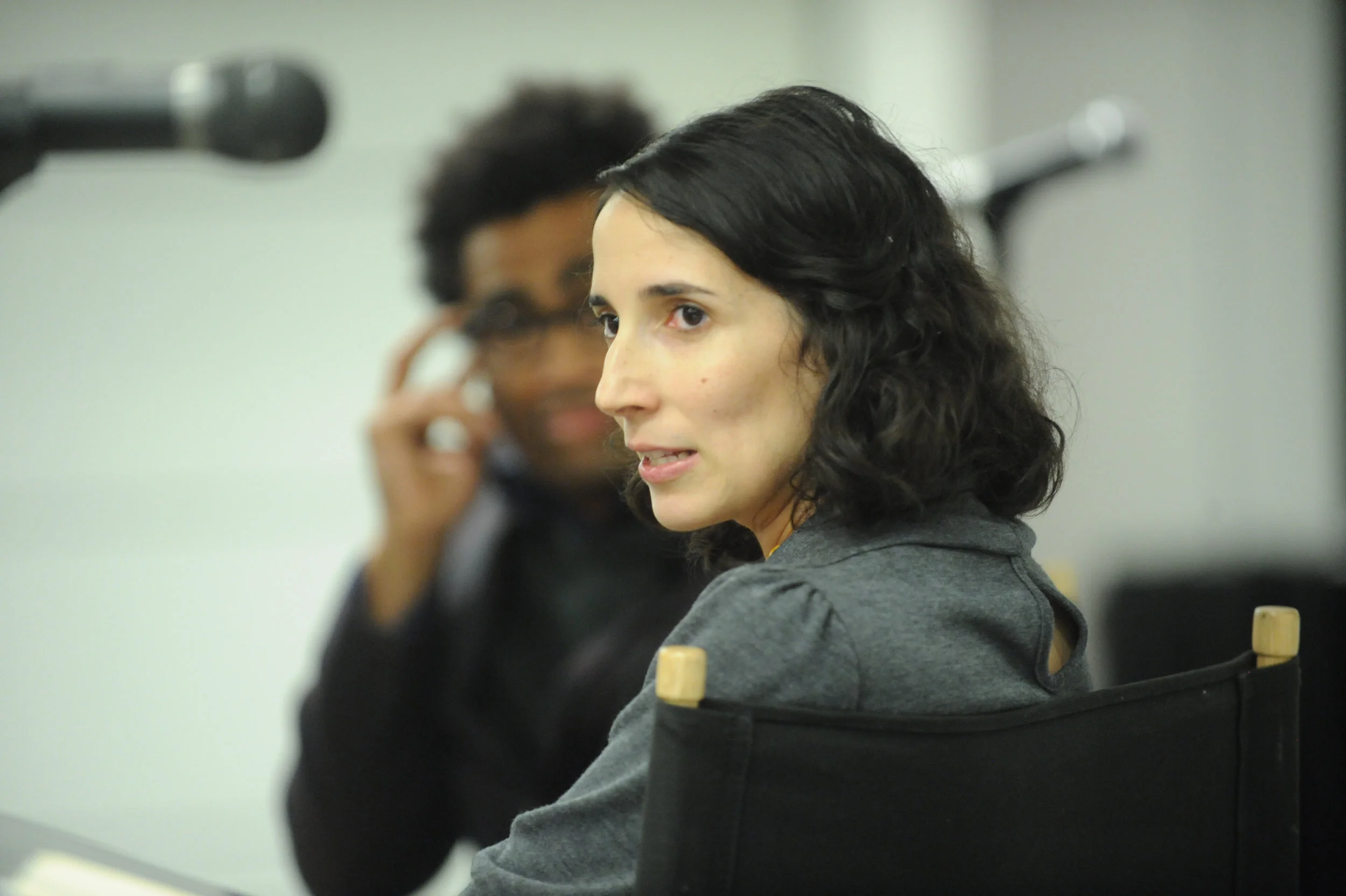That is what memories and dreams do. They affect everything. They affect how we face the day and how we interact with one another. So I am interested in working with them. But I like to learn about other people's memories too. Whenever I meet someone, I really want to hear all about them, not just how they see today, but what they carry with them. What memories are they dancing with or trying to get rid of? We are all in this process of trying to release things that we are clinging to, and to hold on to other things that we still need, like traditional medicines. And that is such a human thing.
A Sense of Rupture, Laura Pegram Interviews Jennine Capó Crucet
Black, Along the Lines of Mozart: A. Naomi Jackson Interviews Jeffery Renard Allen
Geneva Southall, the University of Minnesota musicologist and professor who devoted her professional career to studying Tom and who wrote a three-volume biography about him, argues that Tom was a musical genius along the lines of Mozart but that America could not accept the idea of a black genius in Tom’s lifetime. Of course, we all know that most white people of the nineteenth century believed that they were superior to black people, that we lacked true intelligence, that we were more animal than human. So how could such a populace entertain the idea of a black genius?








